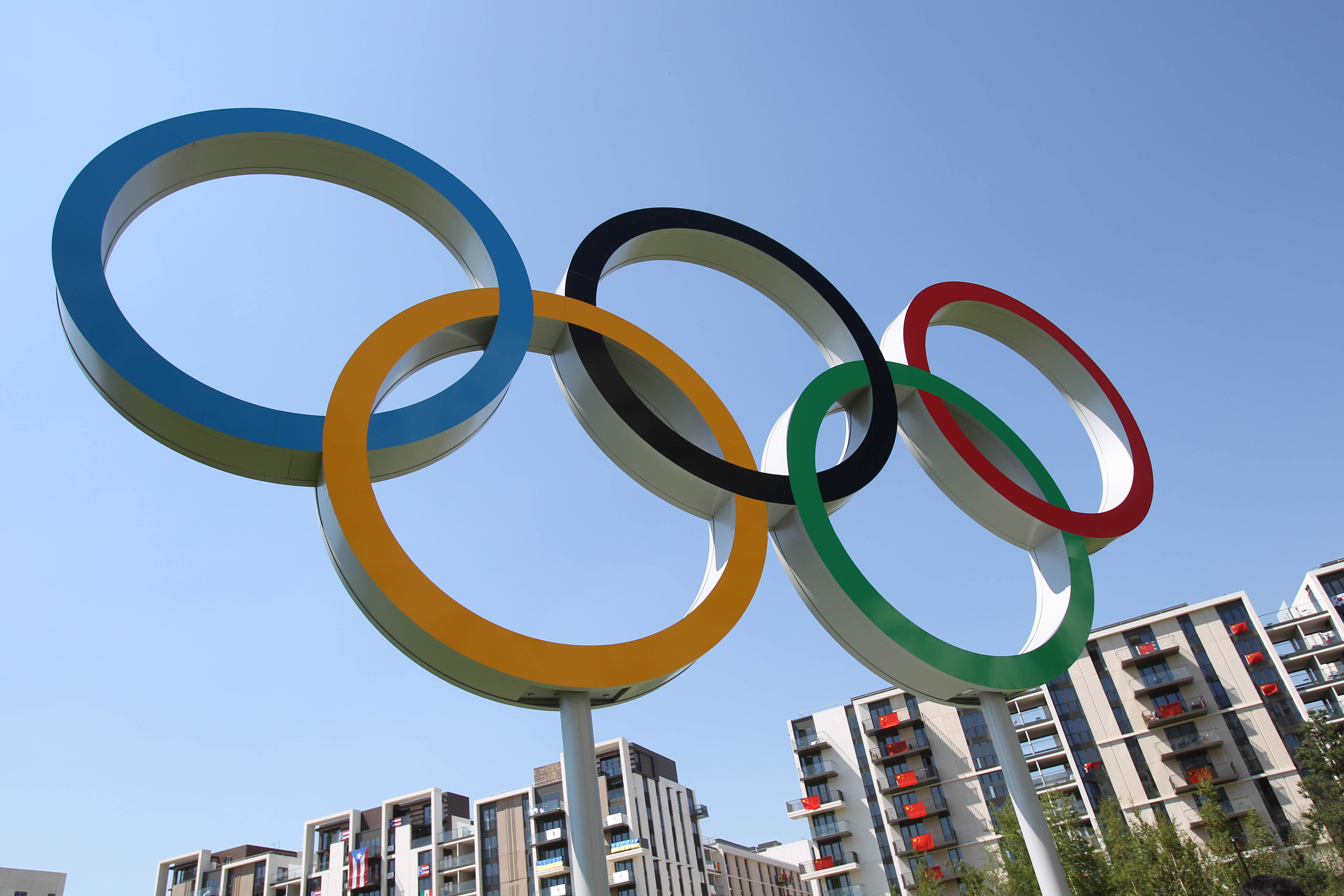London 2012 Olympic Games

Imagine designing and building a World-class supply-chain with a throughput of 30 million items. Imagine running that supply-chain and then, after only a matter of months, dismantling that supply-chain with a laser focus on sustainability.
That was the challenge set to the Directors of Stoneleigh International Consulting when they headed the UPS partnership with the organisers of the London 2012 Olympics and Paralympic Games. Olympic logistics is acknowledged as the World’s largest peacetime logistics operation.
The inventory being moved? Every computer, every piece of furniture and every piece of sports equipment. If you were to turn an Olympic Venue upside-down then every object that falls out, except for the people, is within the scope of Olympic and Paralympic logistics.
Over the course of three years, the team meticulously planned and executed their strategy, guided by four foundational pillars:
Efficiency Optimization
The team meticulously scoped the work required for both events, aligning logistics resourcing with the available budget to optimize efficiency. By deploying logistics resources at the appropriate times and stress-testing the resulting supply chain for resilience, they ensured smooth operations.
Risk Mitigation Strategies
With the immense scope of the operation, the team focused on identifying and mitigating potential risks within the supply chain. Through thorough planning and proactive measures, they safeguarded against disruptions, ensuring the events proceeded without issue.
Project Management Excellence
The team’s expertise in project management was crucial for guiding the complex logistics of the Olympics and Paralympics. From loading into multiple Olympic, Paralympic, Training and Non-Competition venues and then post-event, incrementally dismantling the supply-chain so that by December 2012, all assets had been either returned or re-purposed within exacting timelines.
Innovative Solutions and Simplification
Leveraging cutting-edge technology and innovative sustainability practices, the team delivered tailored solutions that drove continuous improvement and simplified logistics processes. With the additional achievement of it becoming the first time in the Olympics that all carbon produced was measured and mitigated from the logistics program.
This was all undertaken against a backdrop of enormous public expectation and national pride. So exacting targets and timelines had to be met without exception. The team is proud that every measure was met and that logistics never became an issue at these prestigious events.
The legacy derived from this assignment was to prove that such a supply-chain can be established using existing logistics resources and coupling those resources with an exit plan to ensure effective re-deployment. This results in a supply-chain solution that was sustainable in more than just name. The other legacy that the team is equally proud of is the recruitment and training of an entirely new generation of event logistics managers, many of whom are still active in event logistics around the World.
The capacity to learn, create, manage and reconstitute requires the level of imagination and experience endemic within the team at Stoneleigh International Consulting.